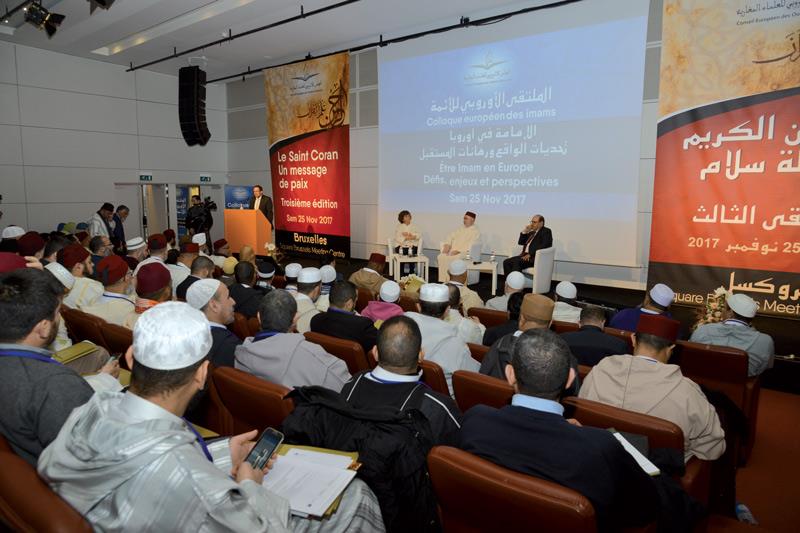
Muslim imams are viewed in Europe with a mixture of fears about radical preachers and hopes that they might provide crucial help in the integration of Muslims, concerns which are drawing new attention to how they should be trained in the context of Western societies. As Hansjörg Schmid and Noemi Trucco (University of Fribourg, Switzerland) note in a newly released report, the role of imams in the Muslim “diaspora” encompasses much wider functions than in the home countries of Muslim immigrants, making them not only religious experts but also community leaders, social workers, chaplains, and contact persons for the civil authorities and other religious bodies. In Switzerland, there are currently around 130 regularly active imams (around 40 in 75 Albanian mosques, 13 in 20 Bosnian mosques, between 55 and 60 in Turkish mosques, and 15 to 20 in Arabic mosques). They were trained either in their home countries (Balkans, Turkey) or in Egypt (at Al-Azhar University) or Saudi Arabia, and there are also those who have been self-taught. There is no training for imams available at this point in Switzerland, hence the interest there in the experiences of other countries on this issue.
Since 2010–11, thanks to a large grant from the German Federal Government, institutes of Islamic theology have been created at several German universities. But few people who have been trained at these institutes have been able to find employment as imams until now, partly due to salary expectations that most Islamic associations could not fulfill. Moreover, the primarily academic training does not necessarily qualify the students for practical, pastoral work. One university also offers continuing training for people already working as imams, however. In Austria, thanks to the legal status granted to Islam, Islamic religious education programs have been offered at public schools since 1982, creating the challenge of finding qualified teachers. This has led over time to the development of training for Islamic theology and religious education at Austrian universities. Continuing education is also offered for imams at the University of Vienna, but this is far from fulfilling hopes for locally trained imams. In the Netherlands, efforts at offering local academic training for imams have either met with limited success or failed to agree with Islamic groups. The strong association of those initiatives with a security and integration discourse has not helped. Moreover, many students did not follow the training to the end, since they could not invest the time without a lowering of their incomes and interference with their professional and family commitments.
In France, since the country follows a policy of separation between state and religion (with the exception of Alsace and Lorraine, where other arrangements continue due to historical circumstances), only private institutes offer Islamic theological training at this point, while public universities only offer Islamic studies (considered inadequate for the training of imams by Muslim associations) or diplomas in religion and society, which could at most complement theological training. But there is an ongoing discussion about how far local training for imams is required to assist an emerging form of French Islam, and new ways are being explored for filling the gap. From these various cases, some lessons can be drawn for the future. For the time being, training in the home countries of immigrant populations, or at prestigious traditional institutions such as Al-Azhar, continues to enjoy more attraction than training at Western institutions. Some countries—such as Turkey—prefer to train imams in their own, government-controlled institutions and then send them for five-year periods to Western countries. The cases show the difficulties of offering in Western countries a training similar to that offered in Muslim countries, including training in the practical aspects of the work of imams.
(The report, in German, by Hansjörg Schmid and Noemi Trucco, Bildungsangebote für Imame—ein Ländervergleich aus Schweizer Perspektive, can be downloaded at: https://www3.unifr.ch/szig/de/assets/public/uploads/Recherche/Schmid_Trucco_2019_Bildungsangebote_fuer_Imame.pdf)
